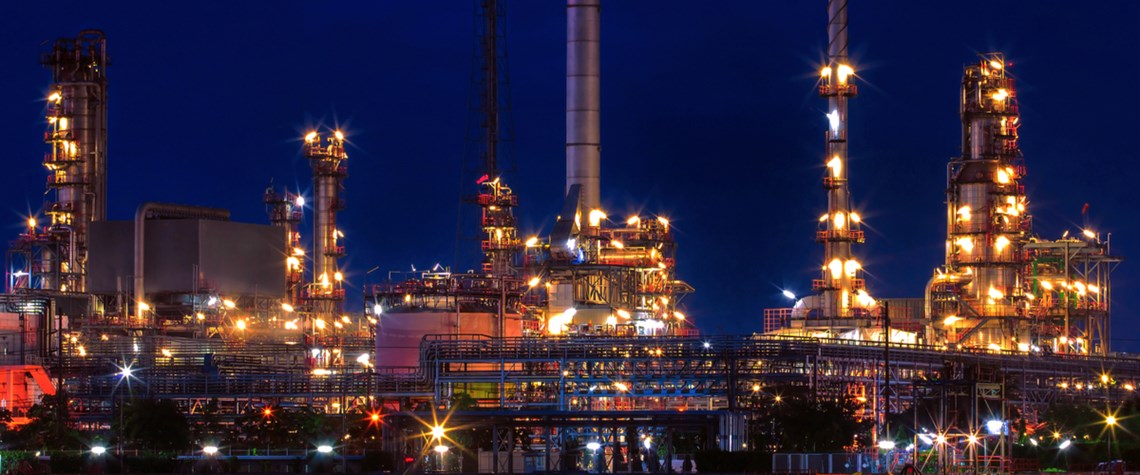Revolutionising the downstream
Industrial AI will allow plants to reach their autonomous potential
Reactiveness, resilience and reliability are becoming increasingly important in the refining industry. As a result of fluctuating pricing and demand, the safety, logistics, environmental impact and economics of new scenarios must be analysed daily. Sustaining stable operations and improving competitive advantage will come down to reacting as quickly as possible to real-time analysis while factoring in resilience and reliability. The ultimate vision for the industry is the self-optimising, autonomous plant—and the increasing deployment of AI across the sector is bringing this closer to reality. However, while refining has been an early adopter of many digital tools, the industry has yet to fu

Also in this section
24 April 2024
But even planned exploration activity is unlikely to reverse declining output from mature fields
23 April 2024
Cheaper Russian barrels and lower overall crude prices have helped cut key oil consumer’s import bills in election year
22 April 2024
Pursuing three different goals as part of the same package may mean achieving none of them
22 April 2024
Beijing’s renewed targeting of NOC management could threaten investment







